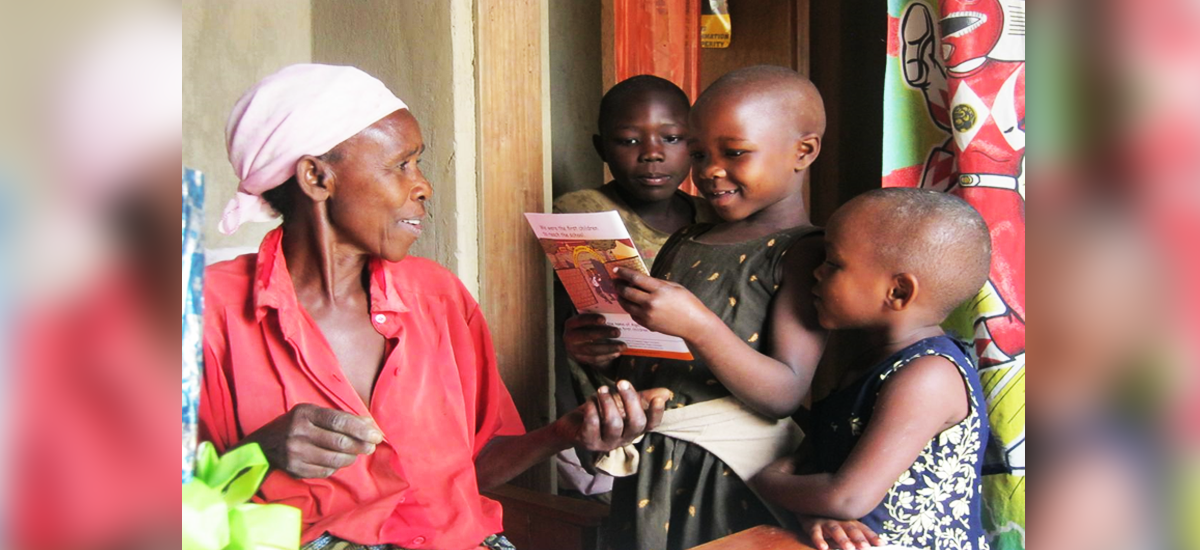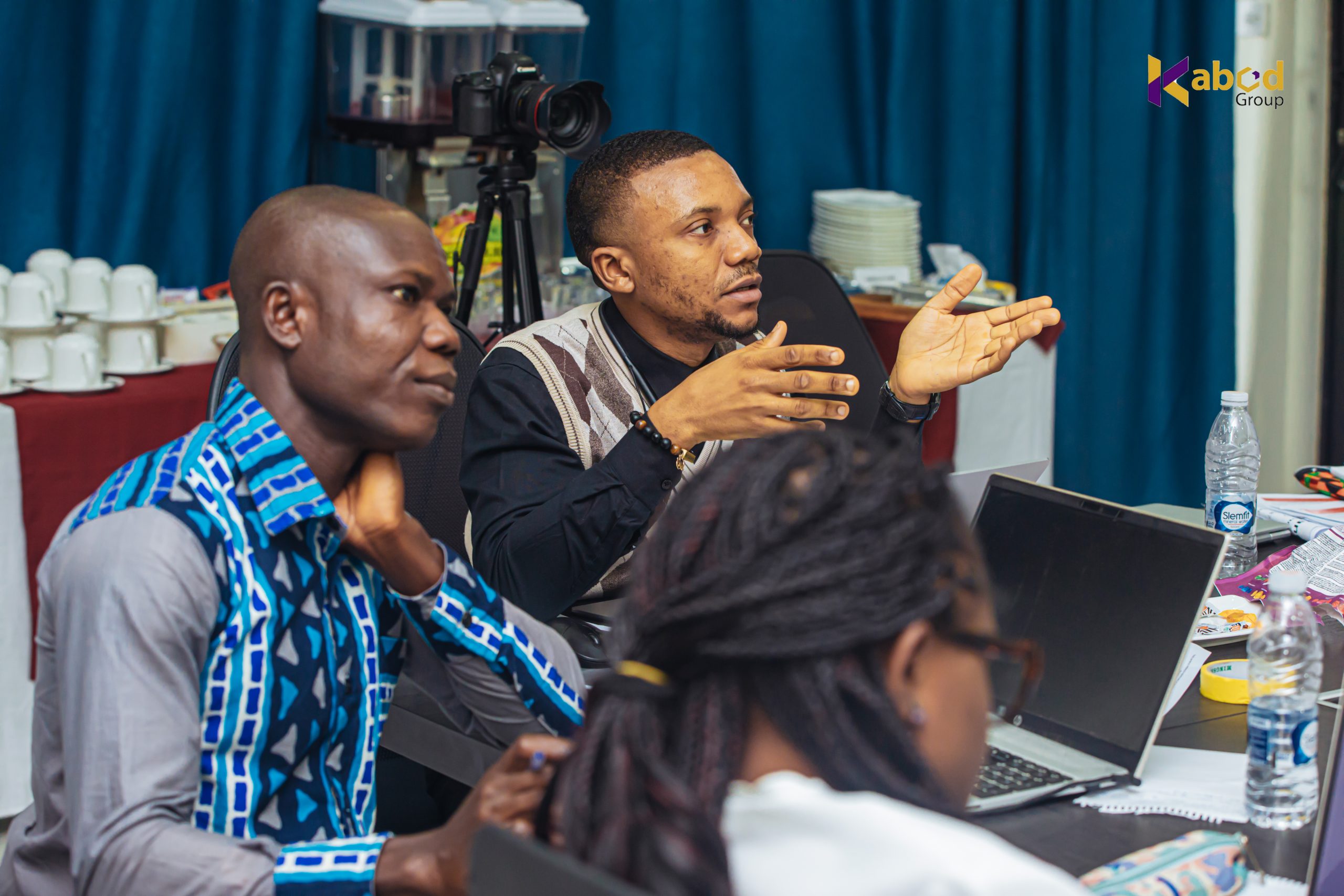Nowadays, quite a number of Ivorian parents whose children were born in capital cities are worried about their children’s inability to speak their native languages. It is quite common now to see children who cannot even have a simple conversation in their dialect, while it is a critical way of preserving their culture and identity as a people.
While some African children only understand and cannot speak, a number of Ivorian children or youth neither understand nor speak their mother tongue. The only language they can understand or speak is French. This is sad as Ivory Coast’s rich culture from 78 local languages and history may get eroded when children cannot converse in their mother tongue.
It also means that they are unable to transfer this heritage to their children and grandchildren. This would gradually result in a decrease in the number of local language speakers, which, in the long run, would cause some languages to go extinct. If you are one of the parents who are worried that your child cannot speak your mother tongue, then the following 5 tips might be useful to you.
TIP 1: Speak frequently to your child in your dialect
As parents, you must make an effort to teach and speak your native language to and around your children as much as possible at home. Speaking to your child in your native language must be introduced at an early stage of your child’s development.
Research shows that children learn languages more easily and faster than grown-ups. As a matter of fact, it will be of great value to introduce your dialect to your child when he/she is a toddler, whether you reside in an urban city or not.
To be effective, conversing with your children in your native language must be consistent.
As they grow up, you, as a parent, should keep on encouraging them to greet and communicate in your native language and teach them the importance of their native language.
When you talk to them in your native language, let them know that they can only reply in that language.
This reminds me of my late maternal grandmother. When she was still alive, and we were younger, our parents used to send us – my siblings and I—on vacation to her home. I remember her telling us to talk to her only in our native language, since her French level of expression was low. Even though we initially perceived it as a ‘laboring task’, we are now reaping the benefits of that constraint, since today I can proudly speak Tagbana, my native language from the northern part of Ivory Coast.
TIP 2: Take your children to the village
To help your children understand their mother tongue, they need to be immersed in your culture. Hence, during the vacation period, take them to your hometown to visit grandparents and other relatives who live there. It will help them both improve their speaking skills and discover their culture.
“Many of the children born and brought up in the city do not know where their hometown is. A language is easier to learn and speak when the learner visits the place where it is spoken. Total immersion for a couple of weeks can have an amazing effect”.
During their stay, grandparents and other family members will tell them cultural folk tales in the local dialect. They may not understand everything now, but with time, this will not only develop their vocabulary and oral skills, but also inculcate cultural values in them.
TIP 3: Encourage them to watch cartoons in your local dialect
One of the most practical ways for your child to learn and speak your native language is to encourage them to watch TV shows or cartoons in your dialect.
Parents can provide their children with cartoons in their native language to watch. This will help them acquire new vocabulary. You will be surprised at how much your child will learn by watching television programs and cartoons.
After watching, you can ask your child to tell you what they understood from the story. This will make them practice speaking. From there, you can start introducing them gradually to music in your mother tongue. Here are a few links to cartoons in Kiswahili, Zulu, Chichewa, Hausa, Kinyarwanda, Xhosa.
TIP 4: Teach them how to read in your native language
Books are the most effective tool for learning a language. Get some story books with lots of illustrations in your native language and read them with your children. Providing children access to reading materials in their mother tongue is also essential for developing their reading and writing skills.
However, few African local languages have been used so far in children’ books as confirmed by Christian Elongué in this piece. Thus, this tip is reserved for parents and children who are able to find books in their native languages. Examples of such languages are Amharic, Sesotho, Sisulu, Hausa, Yoruba, and Ewe, among others. Introduce your children early to reading in your native language and encourage them as they practice speaking.
TIP 5: Hire a nanny that speaks your native language
Last but by no means least, hiring a nanny who can speak your native language can help your children speak their mother tongue. Parents are usually far from their homes because of work and leave their children with nannies. In the case where the nanny speaks your native language, your children can continue learning the language with the nanny in your absence.
Encourage your nanny to only speak your dialect to your child. Over the years, you will be amazed at how much your child has improved.
In a nutshell, language learning is a continuous process that occurs during childhood. Speaking our country’s official language is good and multiplies our chances to make it in today’s business world. However, there is a need for us to take the speaking of our local languages seriously, including passing it on to our children, as it is key to preserve our culture, heritage, and identity as a people. It is every parent’s responsibility to create an environment for their child to learn and speak in their native language. In the case where both parents speak different mother tongues, each should ensure that the children are introduced to each of the languages.
Now, are there educational TV programmes in the indigenous languages of your country? What other ways and strategies are you using as a parent to instill and maintain mother tongue fluency in your children? What are some of the challenges that you have been encountering in this process? Has technology been a helper or a threat to the development and use of indigenous languages at home? How do you think technology could be better used to encourage kids to learn their mother tongue more quickly and effectively?
These are some of the questions on which I would appreciate reading your feedback ! Do not go without sharing some of the strategies that you found most useful and those you think could be added, but are not in my list, in the “comment” section below👇!




